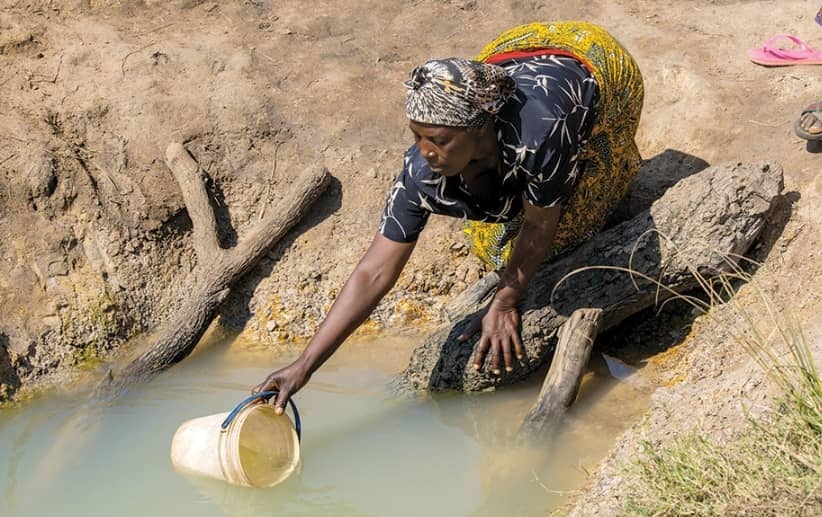World Water Crisis Deepens As Reports Show Billions Face Scarcity Amid Climate Shocks

In 2024, a wave of grim findings from global water assessments confirmed what scientists and communities have long feared: the planet’s water crisis is deepening, with climate change and human mismanagement pushing billions toward unsafe, unreliable water sources.
The UN World Water Development Report found that around half of the world’s population now experiences severe water scarcity for at least part of the year.
Even more starkly, 2.2 billion people still lack access to safely managed drinking water.
Despite global commitments, not a single target under Sustainable Development Goal 6—ensuring clean water and sanitation for all—is on course to be met.
Alongside the UN’s findings, the 2024 Global Water Monitor painted a picture of increasing climate extremes.
Compared to the 1995–2005 average, last year saw a 38% surge in months with record-low rainfall and a 52% increase in days with record-high 24-hour precipitation events.
The impacts were devastating: over 8,700 lives lost, 40 million people displaced, and damages exceeding $550 billion.
“These numbers are not abstract,” said a spokesperson from the World Meteorological Organization. “They represent flooded homes, dried-up farms, lost livelihoods—and they’re only getting worse.”
Africa, home to some of the most climate-vulnerable countries, reflected this global volatility.
While parts of Western, Central, and Eastern Africa recorded increases in terrestrial water storage due to heavier rainfall, other areas saw dangerous deficits.
Across northern South America, river flows dipped to troubling lows, while some African regions experienced surges, illustrating the growing imbalance in global water distribution.
“These are not anomalies anymore,” noted a water scientist at the African Centre for Water and Sanitation.
“We’re witnessing a redefinition of water availability—marked by simultaneous drought and flood risks, sometimes within the same regions.”
The combined reports highlight a profound gap between policy ambition and reality.
Climate-induced extremes are increasingly colliding with inadequate infrastructure, population growth, poor governance, and pollution to create water crises that ripple across sectors—from agriculture and health to education and security.
Experts warn that without urgent investment in sustainable water management and stronger global coordination, the crisis could spiral further.
“Water is the connector,” the UN report stresses. “If we fail to manage it, we jeopardise our climate goals, our economies, and our fundamental human rights.”
The findings now form part of a growing international call for action ahead of key climate and development summits. But for the billions already facing the daily consequences, time is running out.



0 Comments